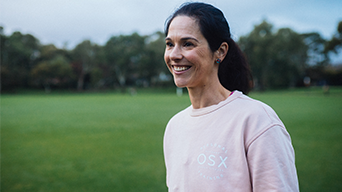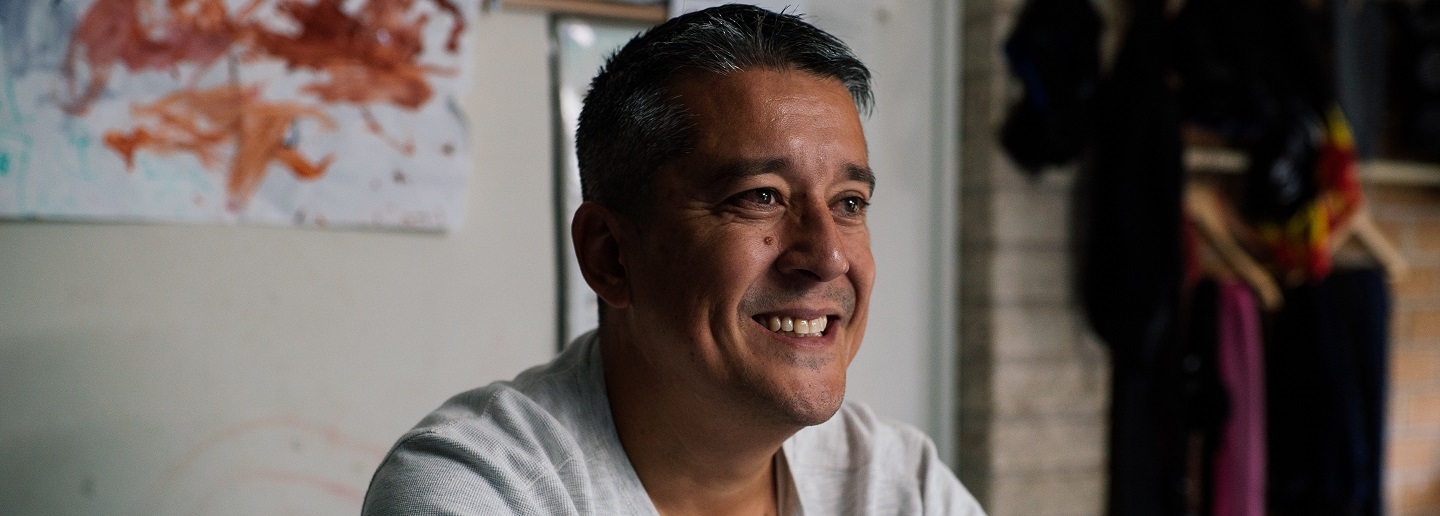Looking after your mental health and wellbeing as a parent
You’re likely aware of the emotional and social support children need to thrive. You’re probably also determined to do everything you can to provide it. This is natural. But children who see adults caring for their wellbeing are likely to see it as important for themselves, too.
If you’re struggling with your mental health and wellbeing, seek support to help you look after yourself.
As a parent, having information and resources to understand and care for your child can help. So can looking after your own mental health as much as possible. Seek support from others when you need to. This can be good for your wellbeing, and your family’s.
You can talk to family, friends or a healthcare professional.
You can also try tools like our K10 test, a quick and informal quiz to see where you’re at right now and identify some things that may help you.
















